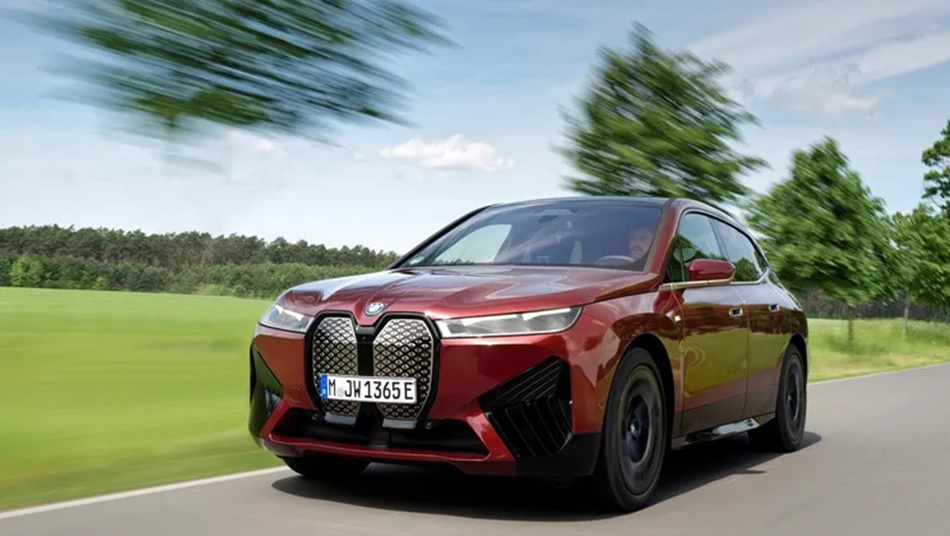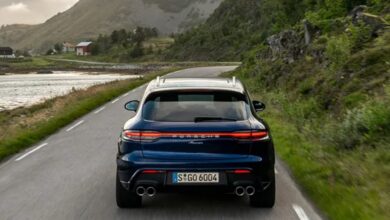This is how electric BMW will be in the future
Many car manufacturers are relying on pure e-mobility for the future.

BMW kept all options open for a long time. But a decision sets the direction.
Electric, petrol or diesel? Customers would decide for themselves which drive they prefer, said BMW CEO Oliver Zipse in an interview in May – even if he himself assumes that electromobility will be by far the most important growth engine for the company.
The importance of e-mobility for the future is shown by the new vehicle platform that BMW is developing for all models from 2025: the so-called new class will be purely electric. In August 2021, the BMW boss said in an interview that petrol or diesel engines on the front axle would also be conceivable at a later date. But according to information from the “Handelsblatt” these considerations are passé.
BMW had already done pioneering work for electromobility with the i3 model, but never significantly expanded the electric portfolio and discontinued the i3 in June 2022 after nine years of construction without a direct successor. Only in the past two years have clearer efforts been seen in electric cars: the i4 sedan and the iX SUV are currently on offer.
There are still petrol and diesel at BMW
However, the new platform does not mean that BMW will not build cars with combustion engines in the future: on the one hand, the planned sales ban for new cars with petrol and diesel engines will not come into force in Europe until 2035 at the earliest, by then BMW will need the combustion engines at least.
And on the other hand, such concrete bans are not planned in all markets. New models with combustion engines will not only be based on the new technical platform, the priorities at BMW are shifting in favor of the electric drive. And BMW has enough time to secure market share in electric cars.
The new class is to bring better and cheaper batteries into series production, initially in two models from 2025. Zipse: “To start with, we are planning a compact sedan in the 3-seater segment and a corresponding sporty SUV.”
The decision for a pure e-platform brings a decisive advantage: It can be fully optimized for the installation of batteries, which brings more stability and less weight. Corporations such as Hyundai and VW are now also using their own e-platforms instead of hybrid forms.
And BMW also has another technology up its sleeve: the fuel cell drive. The hydrogen X5 will start at the end of 2022. Toyota and Hyundai have had cars that fill up with hydrogen for a long time, and Mercedes had withdrawn the fuel cell GLC from the program after a short time because of “poor market opportunities”.
BMW boss Zipse is also open to the technology in the future: “I can well imagine that we will also see fuel cells in series production in the new class,” he told the “Handelsblatt”. Because: “Hydrogen as an energy source will play an important role in many regions of the world.”
Hydrogen is being traded by many experts as an alternative in the logistics industry because it can be refueled quickly and, in contrast to e-truck batteries, is light. For example, Daimler Trucks is currently testing a hydrogen heavy-duty truck on public roads.
Currently, the filling station network (according to the portal “h2.live” there are 96 in Germany) and its production speak against hydrogen: it can only be obtained at the expense of a lot of energy by splitting water into its components. This is only environmentally friendly if the necessary energy comes from climate-neutral sources. Due to the small numbers, cars with fuel cells are also expensive.
Due to the imponderables, VW has focused on building purely electric cars. For BMW, writes the “Handelsblatt”, the option of hydrogen drive is a risk, but at the same time an opportunity: If the drive does prevail, the Bavarians have a clear advantage.
BMW is launching a next generation of X1

